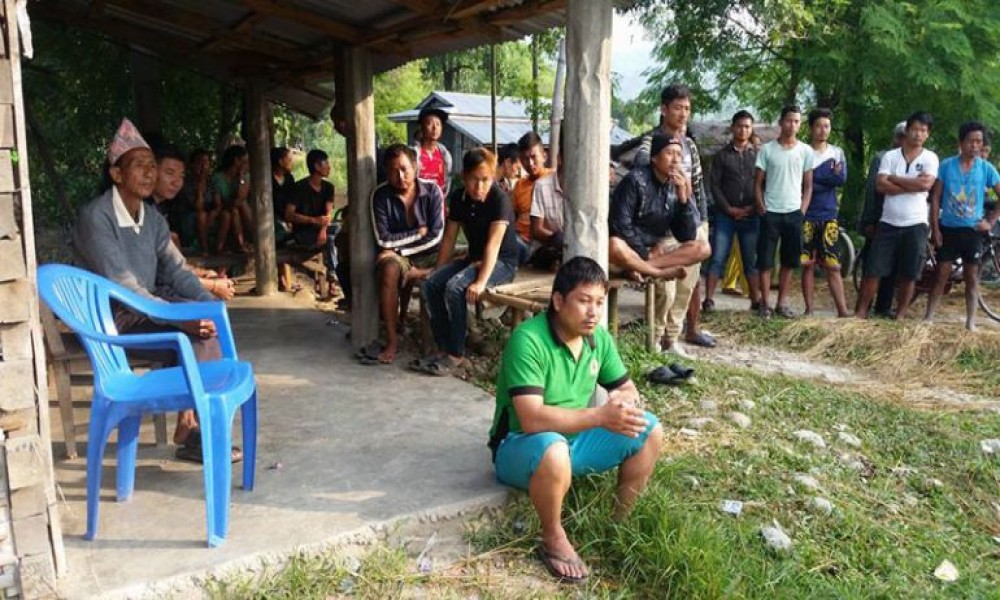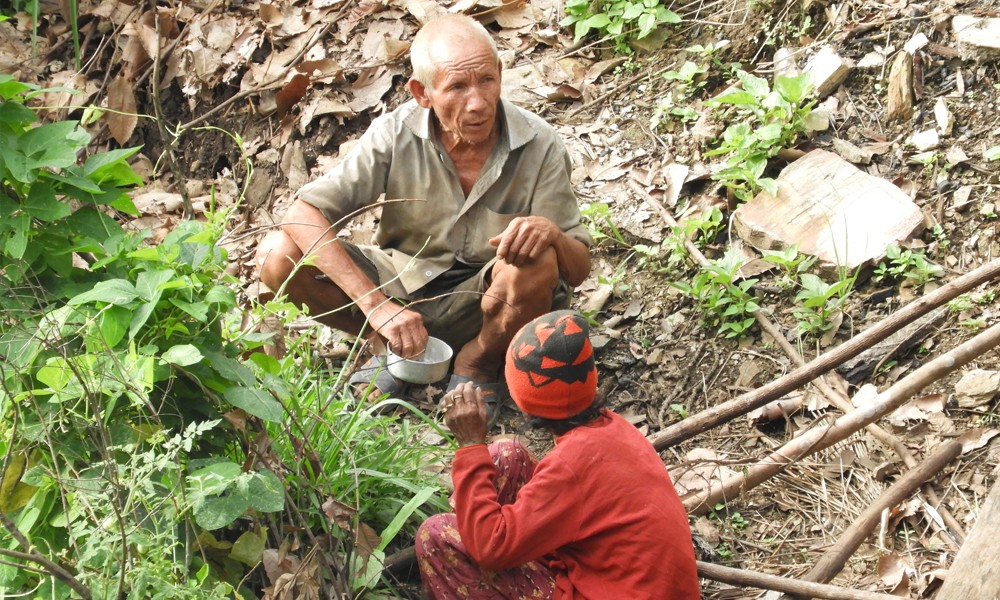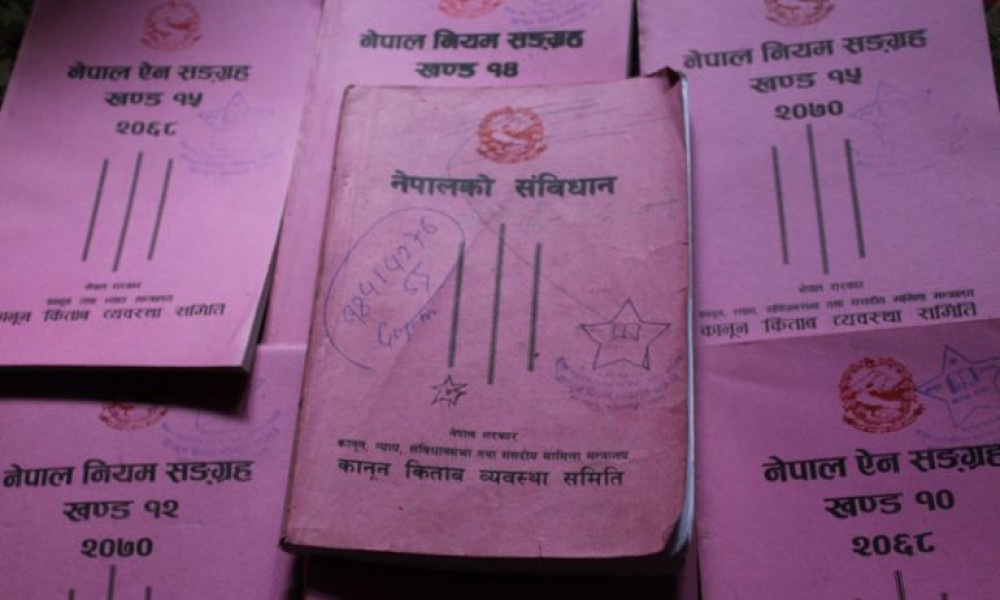Promulgation of a constitution is the logical conclusion of a political transition in any country. But in Nepal the promulgation last year of the new Constitution did not end the political transition that began after the end of the Maoist war in 2006. In fact, it led to a new wave of transition, and is being criticised by Adivasi Janajatis, Madhesis and even pro-monarchy Hindu activists.
"Our demand was identity-based 10 federal provinces, but seven provinces were imposed upon us, that too without recognizing identity of ethnic communities," says Kumar Lingden Mirak, a political leader fighting for an autonomous Limbuwan state. "So we cannot accept this constitution. A wide section of the society has rejected it."
Our demand was identity-based 10 federal provinces, but seven provinces were imposed upon us, that too without recognizing identity of ethnic communities.
The new Constitution has also failed to bring about peace and prosperity in the country. "People are agitated, and polarized," says Lingden. "We need to rewrite this contentious Constitution to avert the looming crisis."
Angkaji Sherpa, former General Secretary of Nepal Federation of Indigenous Nationalities (NEFIN), says the Constitution failed to achieve the desired goal as it was written by keeping a wide section of the society out of the process. "When the country was devastated by the earthquake, and the people were busy in planting paddy, the parties staged a drama of collecting feedback on the draft constitution," he says. "The Constitution was written by a bunch of political leaders in Kathmandu. Feedback collection was a farce."
It is easy to rebuild a nation fractured by conflicting political ideologies. But it is an uphill order to do so if the society is dividing along caste and ethnic lines. Unfortunately, the latter is the case in Nepal, and the new Constitution has just aggravated this crisis. Political scientist Krishna Hachhethu explains: "If a man unfairly distributes his property among his sons, his family is always mired in an endless quarrel. Fair distribution of resources is a must for peace, and this is exactly what is lacking in Nepal."
If a man unfairly distributes his property among his sons, his family is always mired in an endless quarrel. Fair distribution of resources is a must for peace, and this is exactly what is lacking in Nepal.
Hachhethu says the federal structure carved out in the Constitution perpetuates the 250 years old dominance of a caste over other excluded communities. "Except for province number 2, all other provinces will have dominance of the Bahun community," he says.
Gopal Dahit, a Member of Parliament from the Tharuhat Party, argues the Constitution in itself is unconstitutional. "The Constitution was promulgated without a broader consensus, and by keeping the marginalized communities in the dark," he says. "The sole objective of this Constitution is to perpetuate dominance of a ruling clan." He claims the Constitution is bound to fail, and will work only if rewritten.








